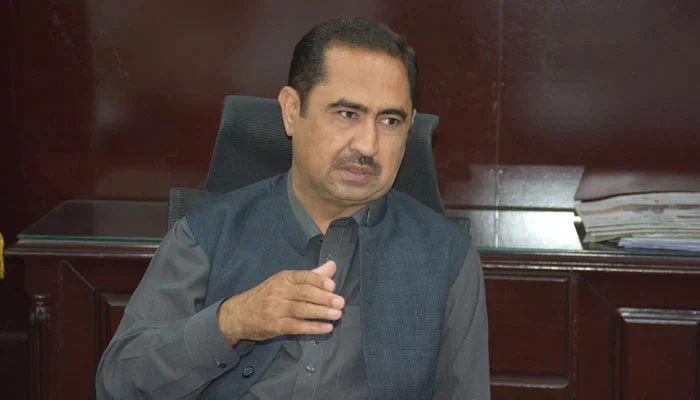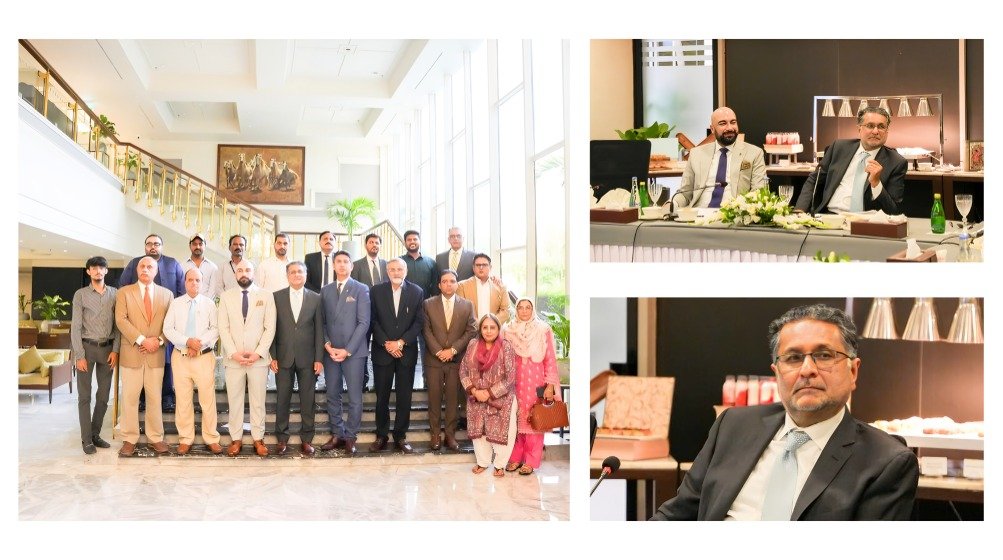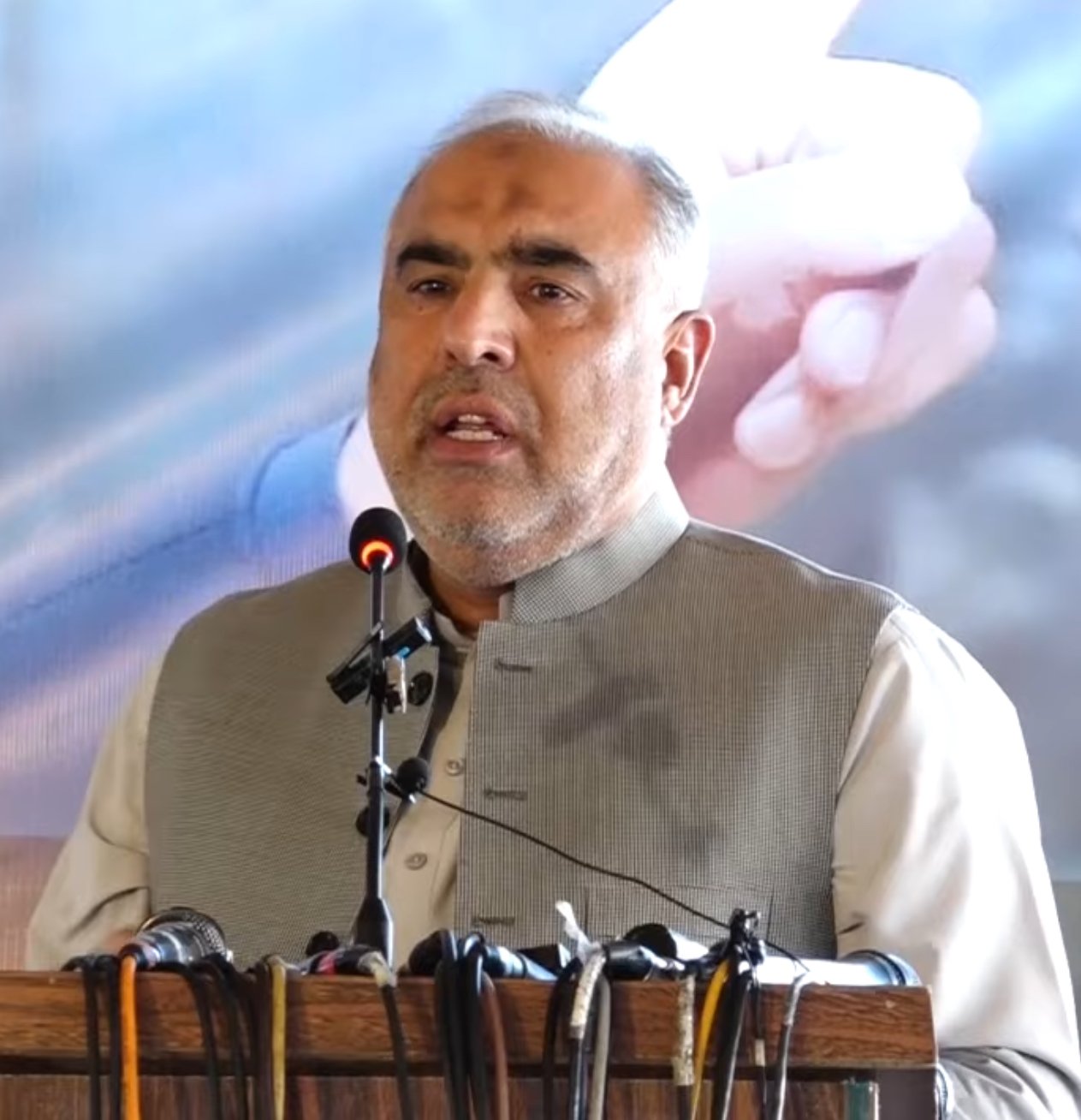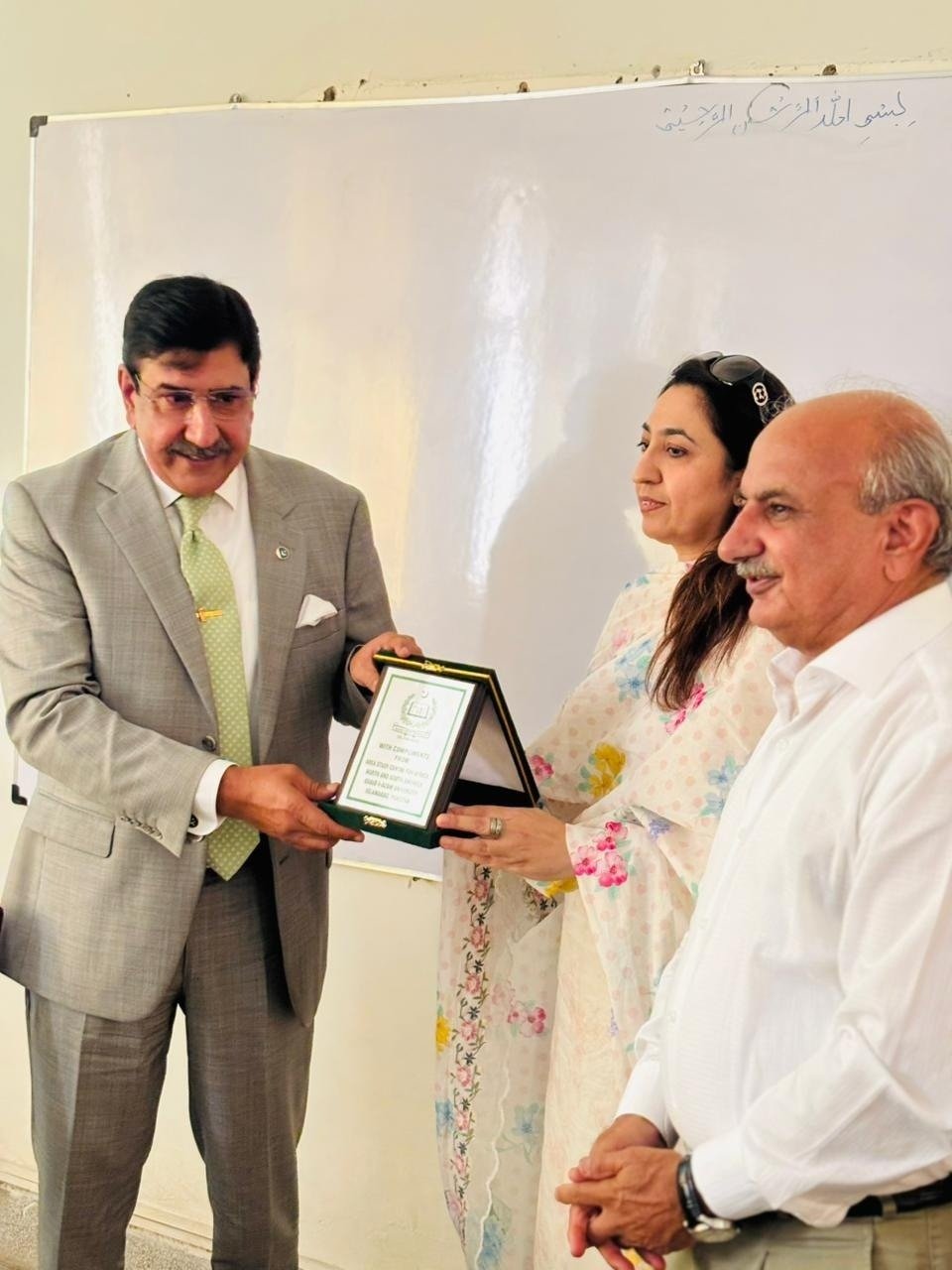The recent interception of the global Sumud Flotilla by Israeli forces violated international maritime norms and exposed a profound moral failure. The flotilla included over 40 civilian vessels and nearly 500 activists. Among them were Swedish climate advocate Greta Thunberg and Pakistan’s former Senator Mushtaq Ahmed Khan. They carried symbolic aid to Gaza: food, medicine, and solidarity. Their mission was clear. The cargo was peaceful. The intent was humanitarian. Nevertheless, Israeli forces responded with force, detention, and suppression.
In a world increasingly numb to suffering, Gaza’s siege stands as a brutal symbol of unchecked aggression. Since October 2023, more than 66,000 Palestinians have died. Thousands remain buried under rubble. Moreover, the blockade has turned Gaza into an open-air prison. Starvation, displacement, and bombardment define daily life. Against this backdrop, the global Sumud Flotilla rose as a beacon of civil resistance. A coalition of conscience from 37 nations dared to challenge the machinery of occupation.
Israeli authorities arrested Greta Thunberg, Senator Mushtaq Ahmed Khan, and others. This wasn’t just a diplomatic incident. Rather, it was a calculated move to criminalize compassion and silence dissent. These individuals carried no weapons—only hope. Consequently, their detention sends a chilling message: peaceful protest against Israeli policy invites punishment. Such actions erode the principles of human rights and international law.
Pakistan demanded the immediate release of Senator Mushtaq Ahmed Khan. However, this moment calls for more than statements. Targeting a Pakistani delegate on a humanitarian mission insults national dignity. It also tests Pakistan’s resolve on Palestine—a cause deeply rooted in the Muslim world’s conscience. Therefore, Pakistan must now lead efforts to mobilize global pressure. The goal: protect future humanitarian missions and secure the release of detained activists.
Meanwhile, the international community must confront its complicity. Although some European nations issued warnings, others stayed silent while Israeli forces used stun grenades and boarded ships in international waters. That silence speaks volumes. If global norms matter, then the Gaza blockade must face condemnation through action. Sanctions, embargoes, and diplomatic isolation must target states that obstruct humanitarian relief.
At home, civil society must stay engaged. Protests across Pakistan in support of Palestine and the global Sumud Flotilla reflect enduring solidarity. These demonstrations must remain peaceful, strategic, and sustained. Furthermore, universities, media outlets, and religious institutions should amplify silenced voices. They must educate the public on Gaza’s reality. As a result, the narrative must shift from passive sympathy to active engagement.
The global Sumud Flotilla wasn’t about delivering tons of aid. Instead, it was about delivering a message. That message now echoes louder than ever: Gaza is not alone. Palestine is not forgotten. Those who stand for justice will not be erased. Although the arrests may have stopped the ships, they strengthened the movement.
Let us remember: the arc of history bends toward justice—but only if we push it. The detained activists and the besieged people of Gaza deserve a future free from fear. It is our duty—not just as Pakistanis, but as human beings—to help build that future.









